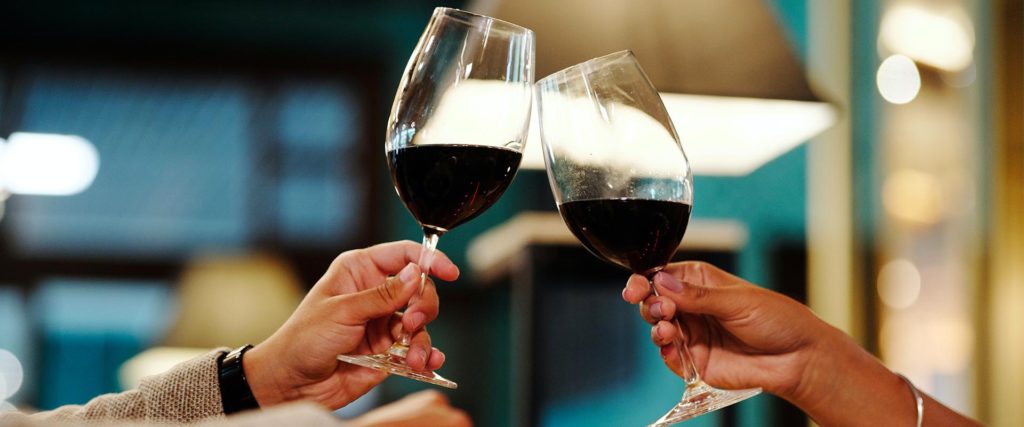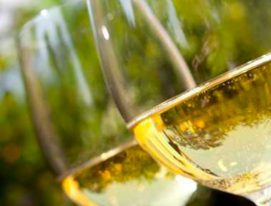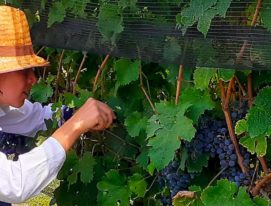A shared passion becomes a new vocation that adds a new professional facet to a blood relationship. Four families of winemakers in Argentina, leading figures in the wine world (Balbo, Bressia, Di Paola and Pi), share their art: working together in oenology as parent and child.
Susana and José, Walter and Antonella, Mariano and Nani, and Daniel and Daniela share their thoughts about how the Argentine wine industry has changed over time and across generations, as well as the challenges of combining experience with innovation.
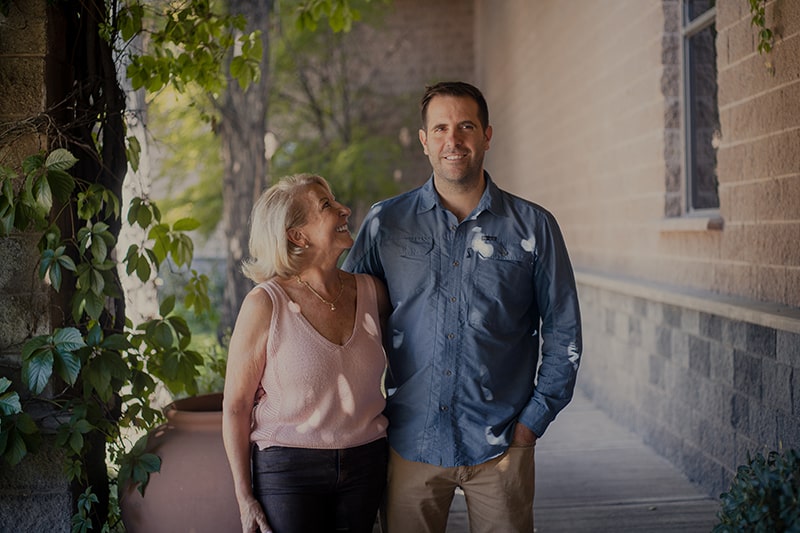
Families of winemakers in Argentina
A matter of time
Access to information and higher education, technological development, the opportunity to visit different winemaking regions across the world and the shifting status of wine on consumers’ tables over the past forty years have led to marked contrasts between the early careers of these first and second generation wine professionals.
The former started out with plenty of work and research ahead of them but as their careers progressed they eventually became stars in their own right, with their names converted into brands.
“It wasn’t very common among my father’s generation to become an oenologist: there weren’t very many compared to my peers. I think that this led to the figure being idealized even to the extent that they overshadowed the wine. Now the focus is much more on teamwork, on the oenologist wanting their wines to take center stage and sharing the credit with their colleagues,” says Daniela Pi, who started out with her father Daniel at their home garage in 2009 with the first vintage of wines from the Tres14 winery (the Pis’ personal project).
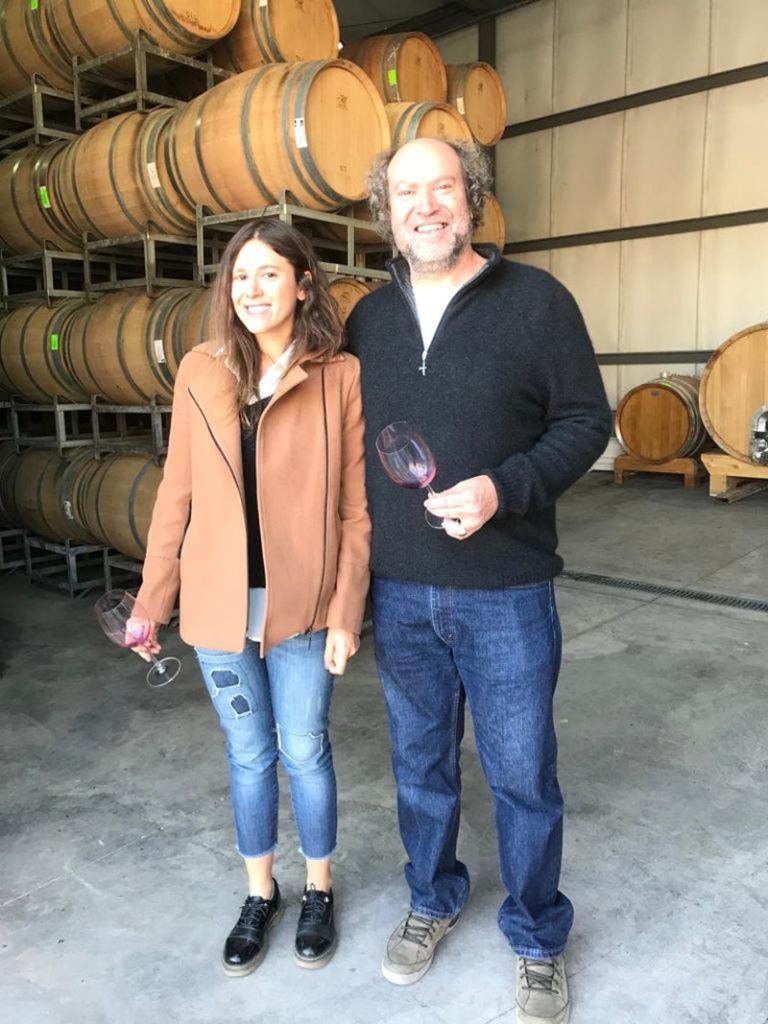
Today she continues to help with logistics and creative input from Australia. He, meanwhile, thinks that his generation “transformed wine from a drink into a pleasure and oenology from a corrective practice into something sensitive, hedonistic and earthy that expresses the landscape.”
“Our challenge was to work very hard to put Argentine wine on the map. We were the generation that had to learn to interpret the soils and that a wine is born in the vineyard and only finished in the winery. We took charge of our destiny and made the wine attractive to the export market,” says Walter Bressia, the alma mater of the winery that bears his name and involves his whole family: Antonella is the only oenologist and has just celebrated her ninth harvest at the company.
Susana Balbo (Susana Balbo) and her son José Lovaglio agree that Argentine fine wine is better quality than ever and consequently enjoying the best period of its history. They also hail the transformation of the role of the oenologist, which has seen them come out of the winery and get involved in decision-making at the vineyard as well promoting the end product: “The strategic alliance and teamwork between oenology and viticulture is a virtuous circle that didn’t exist before,” says Susana.
Mariano “Nani” Di Paola has worked with his father Mariano since 2006, when he got involved in his first harvest at Bodega La Rural while he was still a student. “The role of the oenologist has evolved along with consumers because technology has facilitated direct communication with the vineyard and that has had a real effect on the quality of the wine.”
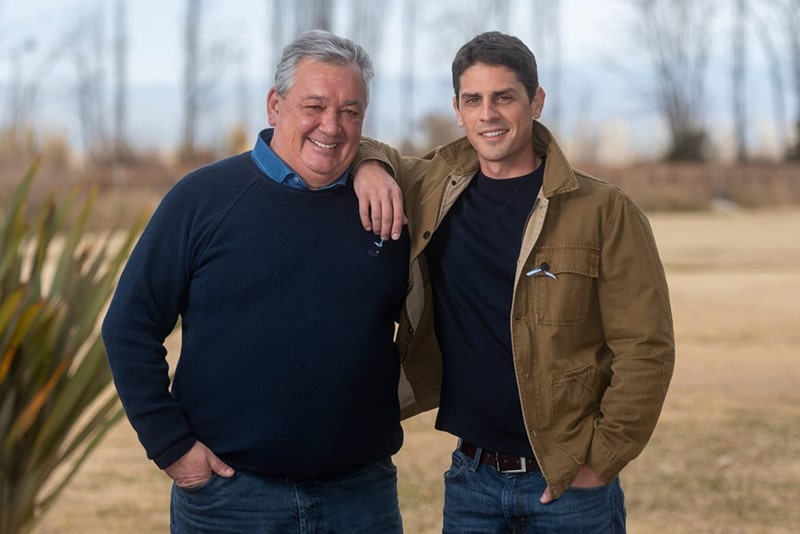
Honor and gratitude
The younger generation often mentions the legacy they inherited from their family, and the lessons they’ve learned. They do so with pride and gratitude, recognizing their parents’ courage when making pioneering use of technology, joining social networks to communicate directly about their work, learning new languages, building an export business from scratch, listening to what consumers across the world want and, in Susana’s case, forging a path for herself in a male-dominated industry.
Beyond their familial attachments, the children in these families of winemakers in Argentina generally agree that the most valuable part of their legacy was the example they set. “A lesson I greatly value from my mother is resilience, learning to adapt and to keep pushing, to keep improving in spite of the difficulties and shifting contexts that present themselves along the way,” says José Lovaglio.
Nani Di Paola believes that his father’s most important legacy is his emphasis on respect and commitment, values he wears as a badge of honor. Antonella says that, although she arrived from university “with a fresh eye” for team Bressia, “there are methods, concepts and above all values from my father’s generation that can’t be changed because they are responsible for the winery’s success.” In this regard, Daniela Pi says: “Apart from his wealth of technical knowledge, my father is a very humble person and this is his greatest lesson: there’s no job too small or trifling, you give everything 110% with pride.”
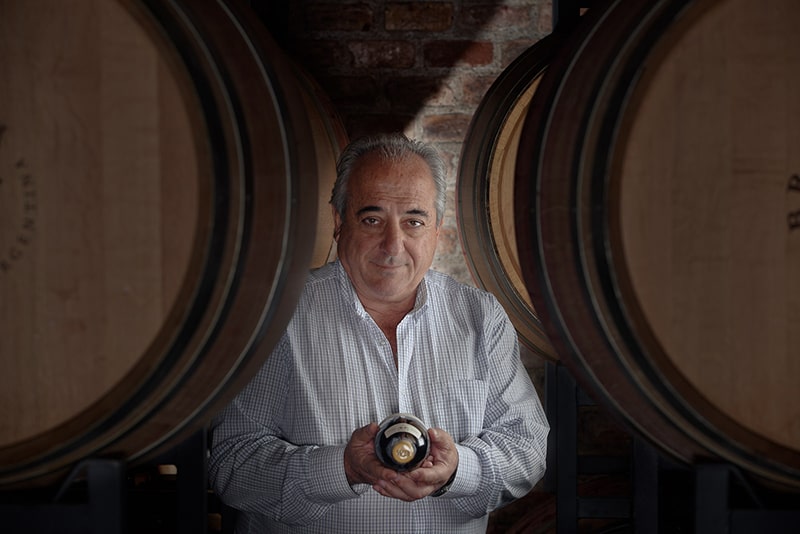
The remarkable thing about these families of winemakers in Argentina is that their roles are never fixed: they’re all masters, apprentices, leaders, observers and protagonists. The voices of experience have no qualms about sitting down in the front row of class to listen to what their children have to offer. The learning process goes both ways and, while eyes, palates and hearts are kept wide open, the possibilities are endless.
Susana says that new generations begin with a broader, more modern perspective. Di Paola glows with pride as he describes working side by side with his son Nani: “I believe very much in his judgment, he’s very responsible and a born leader, I learn from his calm temperament and decision-making poise every day.”
Daniel Pi says: “From my daughter I learned to be braver, to look at wine from different perspectives, from the point of view of enjoyment and adventure. There’s nothing better than trying a wine we’ve discovered together and discussing both its technical aspects and the pleasure it offers. I’m very structured and Daniela has more defiant passion and a rebellious spirit.”
These are just some of the families of winemakers in Argentina behind the incredible development of Argentine wine.

